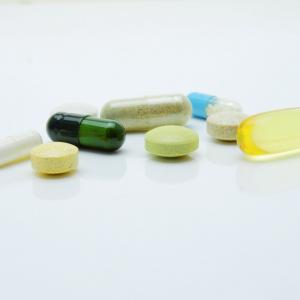An Approach To Relieving Your Child's Fear Of Hospitals
A new series of studies and experiments by the Sahlgrenska Academy at the University of Gothenburg, Sweden, illustrate the stress- and fear-reducing effects of a specific pre-operative protocol called perioperative dialogue (PD). The results show that PD can help to significantly lessen the fears children have of hospitals versus those who receive standard pre-operative care.
By measuring levels of the stress hormone cortisol in the saliva of 93 children aged 5 to 13 years, researchers were able to compare the overall stress levels of children who were receiving standard care, those who were given additional information on the day of surgery, and those who followed the PD protocol.
The children who were engaged in perioperative dialogue had lower levels of stress and required less morphine to manage post-operative pain than the other two groups.
In addition to confirming the efficacy of PD, the studies also presented a new way of measuring stress in children. The drawings of children in school—a safe, familiar setting—were compared with those in the hospital. Those drawn in the hospital tended to show decreased pen pressure and fewer colors, corresponding with the increased fear the child felt.
Finally, interviews conducted with the 6- through 9-year-olds provides new insight into the coping process hospital-bound children undergo. Initially, children try to control a situation that is unfamiliar to them. Then they are forced to adapt to the lack of control as they begin to respond to factors such as sedation and anesthetics.
Taken together, the Swedish team's research illustrates the importance of engaging a child verbally and through pictures during the entire perioperative period. By explicitly drawing out and addressing a child's concerns prior to surgery, stress and fear can be reduced and overall patient outcomes improved.
Source: Medical News Today
Photo: Pexels








